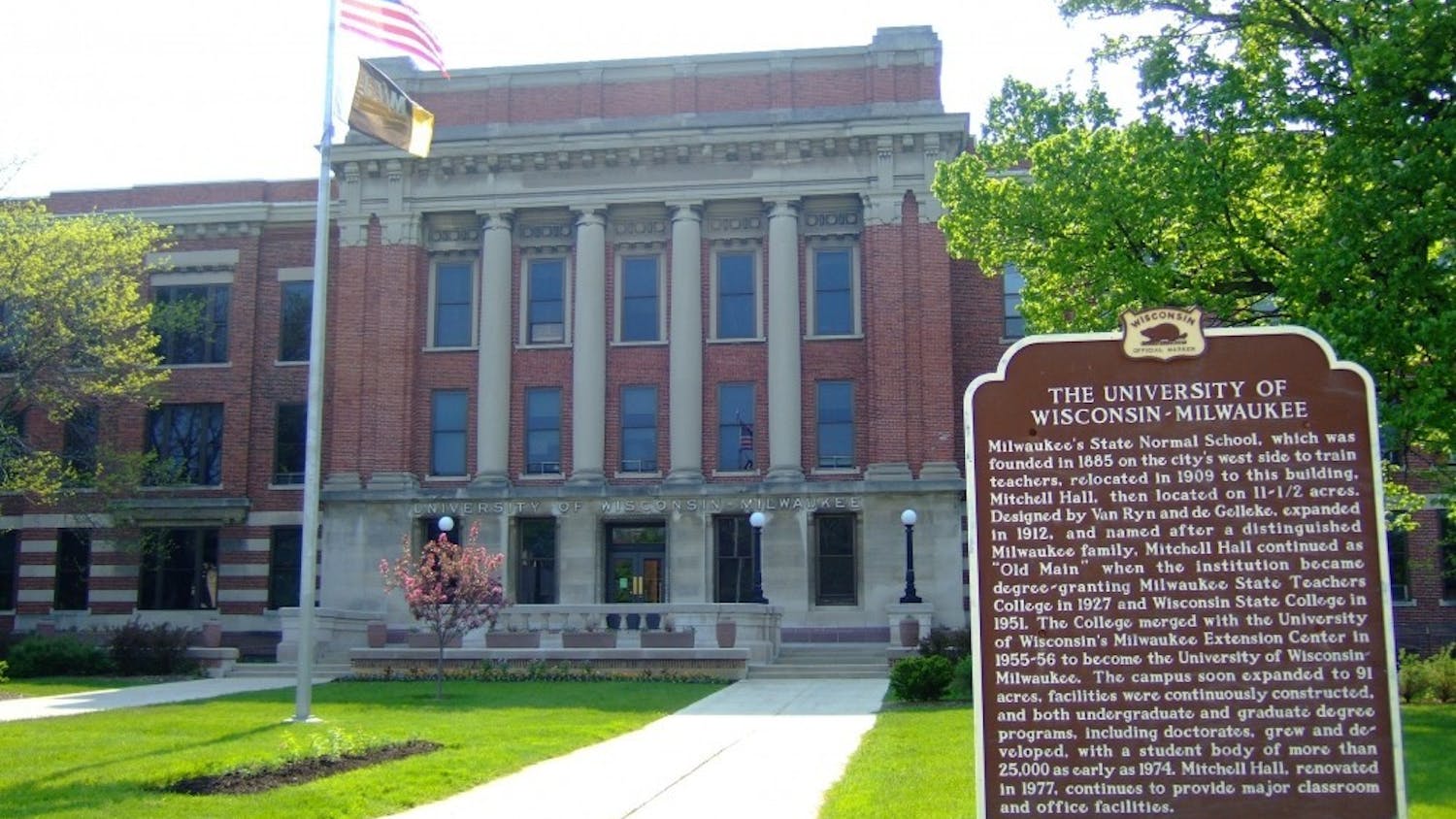The Madison Common Council discussed an anticipated $27 million budget gap in 2025 at a March 5 meeting, where alders, financial advisors and community members proposed ideas about how to reduce the gap.
Jason Stein, research director for the Wisconsin Policy Forum, said at the meeting that Madison’s expenditures are predicted at $40 million while revenues are projected to grow by $13 million.
Cities and villages in Wisconsin primarily rely on property taxes to cover municipal services. Stein said Wisconsin’s property tax reliance is much greater than most other states, which have more authority regarding sales taxes.
“In other states, you see a healthy amount of sales tax revenues in local government budgets, and here in the state of Wisconsin’s cities and villages, there are almost none that have that authority,” Stein said.
Expenditures go toward services such as transportation, libraries and personnel salaries as well as balancing the 2024 budget, according to Stein.
“About half of the new local costs revolve around replacing one-time revenues that were used to balance the 2024 budget,” Stein said.
The budget gap for 2025 is larger than the city has seen in past years, according to Madison Finance Director David Schmiedicke.
To close this gap, Madison can make adjustments on both the revenues and expenditures side, Schmiedicke said. Ways to make adjustments on the revenues side could include new special charges or increasing the property taxes through a voter referendum.
Schmiedicke and several alders said they are worried about special charges due to them being applied uniformly regardless of income.
According to District 17 Alder Sabrina Madison, “the least regressive way to go is a referendum for the full amount.”
Adjustments on the expenditures side would involve rolling back new programs or cutting positions, salaries, services and benefits, according to Schmiedicke.
District 15 Alder Martinez Rutherford said she worried about cutting staff or decreasing pay.
“My biggest concern at the moment are the staff that work so hard for our city who have been overlooked for many years or set aside,” Rutherford said. “I’ve worked in a job where I’ve been asked not to have a pay increase for multiple years and do twice as much as what I was doing, and it only embittered me.”
Other alders echoed this sentiment, including District 13 Alder Tag Evers and District 8 Alder MGR Govindarajan.
Govindarajan said city staff have not grown in proportion to the city’s population increase. “The city is already understaffed with the amount of people moving in.”.
Schmiedicke said it is important to create long-term solutions rather than short-term solutions.
“One time approaches, whether they’re one-time expenditure reductions, or one-time revenue adjustments, does not solve that deficit, it just pushes it to another year,” he added.
The council plans to continue discussing budget proposals in upcoming meetings.






